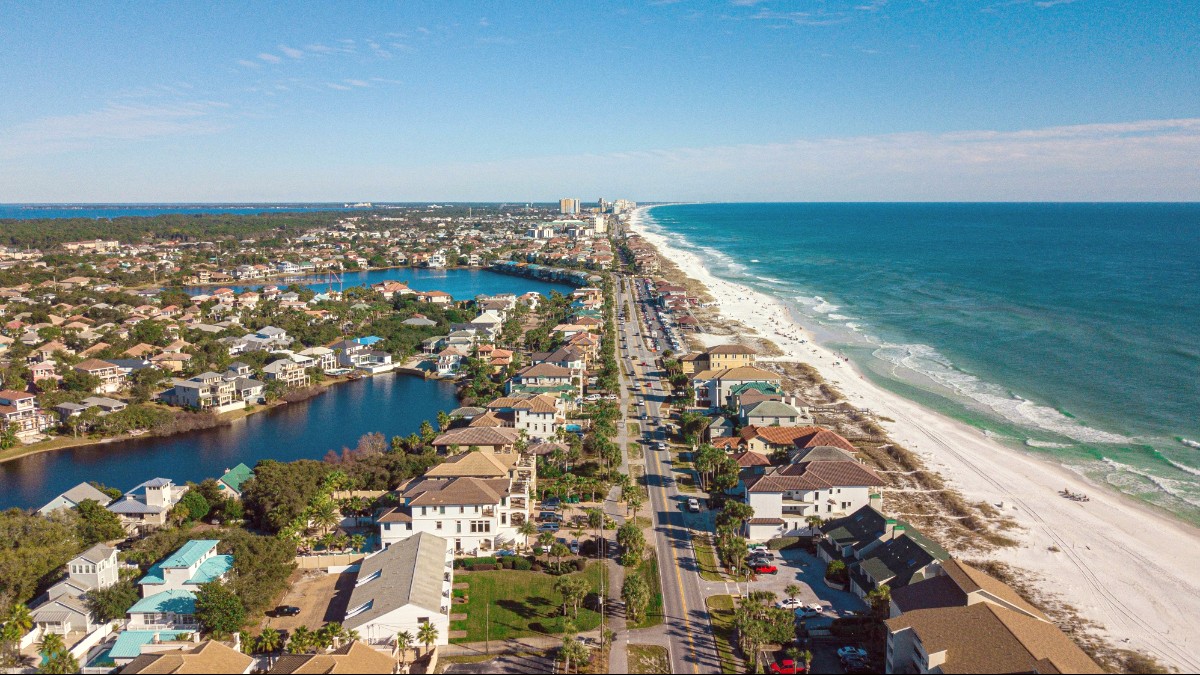
Florida, USA
Public transportation systems are less comprehensive than those in major global cities. While useful for specific urban areas or beach communities, they often do not connect distant towns or attractions easily. Major systems: Hillsborough Area Regional Transit Authority (HART) for Tampa, Pinellas Suncoast Transit Authority (PSTA) for St. Petersburg and Clearwater (including the Jolley Trolley), Sarasota County Area Transit (SCAT), and LeeTran for Fort Myers.
Route maps and schedules are available on each transit authority's website. Hubs typically include downtown areas, major shopping centers, and sometimes airport connections. Hours vary by system and route, most operate from early morning until late evening, but frequency can drop significantly after rush hour or on weekends. All public transit systems comply with Americans with Disabilities Act (ADA) standards.
Licensed taxis are identifiable by meters and company branding. Hail on the street in high-traffic areas or book via phone. Fares are metered. Cash and major credit cards are accepted.
Uber and Lyft are widely available and popular. They present competitive pricing and convenience. Download the app, set up an account, and request a ride. Apps provide upfront fare estimates.
Taxis are regulated and generally safe. For ride-sharing, confirm the driver's name, license plate, and car model match the app's information before entering the vehicle.
Downtowns like St. Petersburg, Sarasota, Naples, Fort Myers are walkable. Beach towns like Clearwater Beach are pedestrian-friendly.
Guided historical, ghost, and food tours are available. Self-guided options with apps or online resources.
Dedicated bike lanes and multi-use trails exist, like the Pinellas Trail in Sarasota and Sanibel Island.
Always wear a helmet. Obey traffic laws, use hand signals, and remain aware of vehicle traffic. Be visible.
The Gulf Coast presents unique transportation for touring or specific local needs.
Cash (exact change) for buses or passes via mobile apps.
Vary by system/route. Generally early morning to late evening. Frequency decreases after rush hour.
Use Google Maps or transit apps for directions. Patience is a good idea, as service can be less frequent.
Self-driving offers the most flexibility for exploring diverse regions of the Florida Gulf Coast.
Port Tampa Bay is a busy cruise terminal.
Port Everglades (Atlantic Coast) is a major hub.
West Express from Fort Myers Beach/Marco Island to West.
Smaller ferries access barrier islands.
International cruise arrivals undergo U.S. Customs and Border Protection.
Ports have taxi, ride-share, and sometimes bus options.
Roll clothes to save space and minimize wrinkles. Use packing cubes to organize items and compress clothing.
Place heavier items at the bottom of your luggage. Put liquids in sealed plastic bags to stop spills. Wear your heaviest shoes and jacket on the plane to save luggage space.